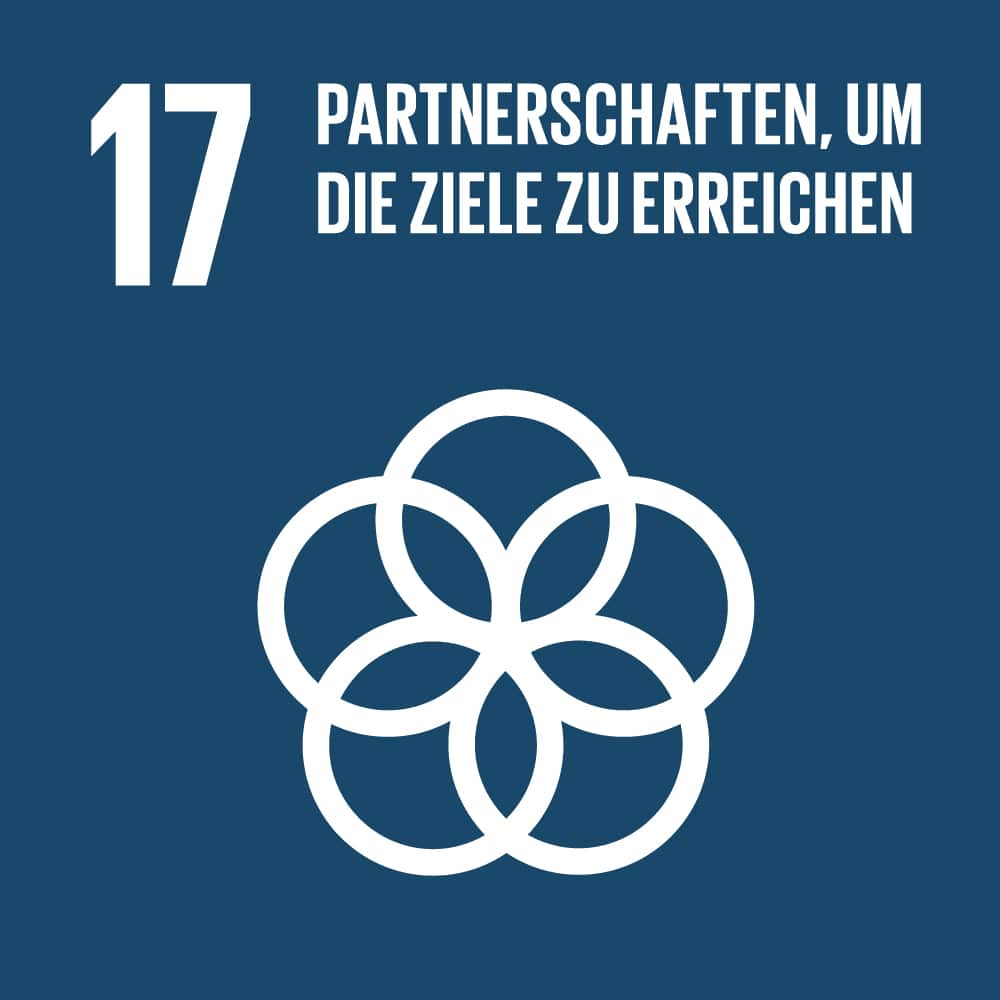Projects
Our project work is based on the
17 Sustainable Development Goals of the United Nations.
Our project work is based on the
17 Sustainable Development Goals of the United Nations.
In September 2015, the 2030 Agenda for Sustainable Development was unanimously adopted by the member states of the United Nations. With the 2030 Agenda, the global community has set itself 17 goals (Sustainable Development Goals, SDGs) for socially, economically and ecologically sustainable development.
The 17 goals apply universally and equally to all countries. They range from eliminating global hunger and strengthening sustainable consumption and production to measures for climate protection.
Germany signed the agreement and we as the changemaker team feel obliged to implement these goals.
It is important to us that we do not lose our global or local perspective, which is why our projects always have a local connection.
Think and act globally and locally.

Corona relief campaign in Bangladesh and Rwanda. During the pandemic, we had not forgotten our partners in the Global South.
The lockdown led to major financial losses for people living on the subsistence level. This applies to the seamstresses in Bangladesh and the refugees from Burundi in Rwanda.
No work no wages. No food without wages.
With our relief campaign we supported in Bangladesh and Rwanda.
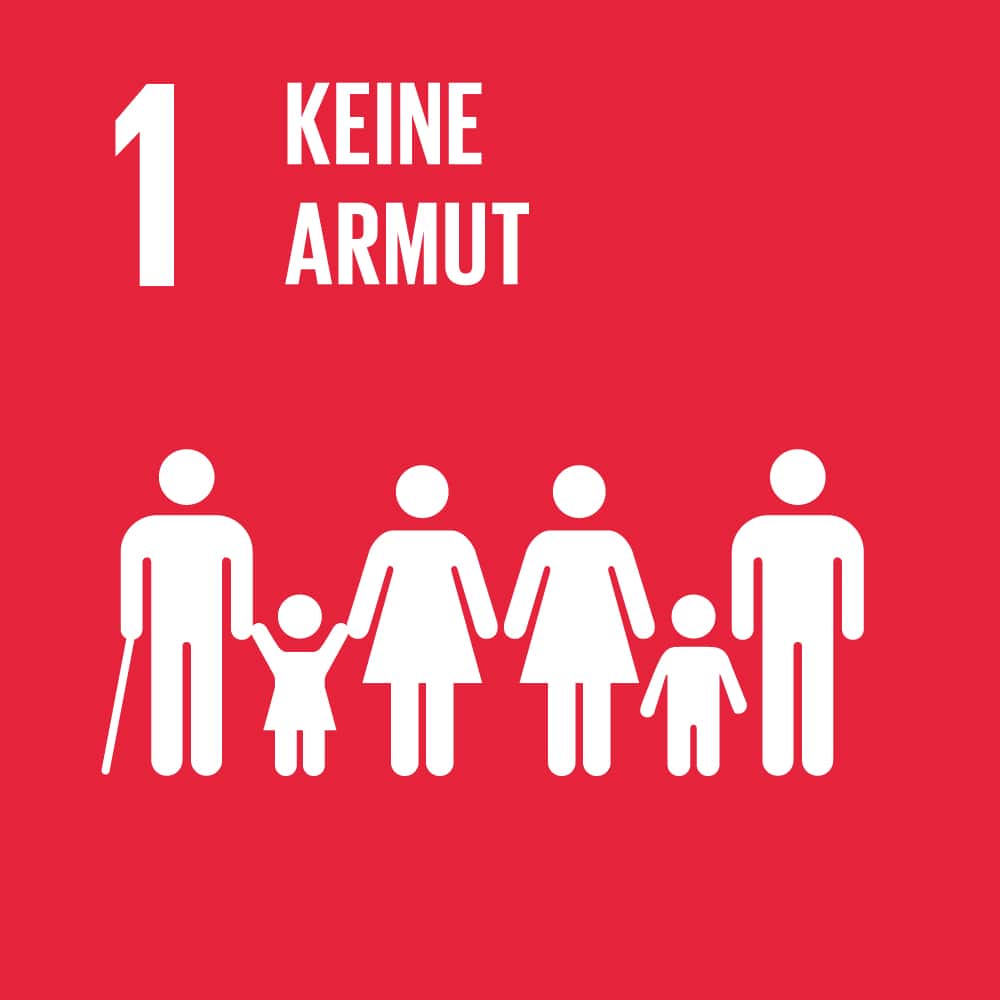
What are we eating there? Pupils in grades 5 and 6 dealt with this question.
The focus was on everyday culture and nutrition. The changemakers dealt with regional – sustainable – healthy food and the restriction of plant diversity through standardized plant breeding.
The project complements the school garden project. Here the students learn about the cultivation and value of food.
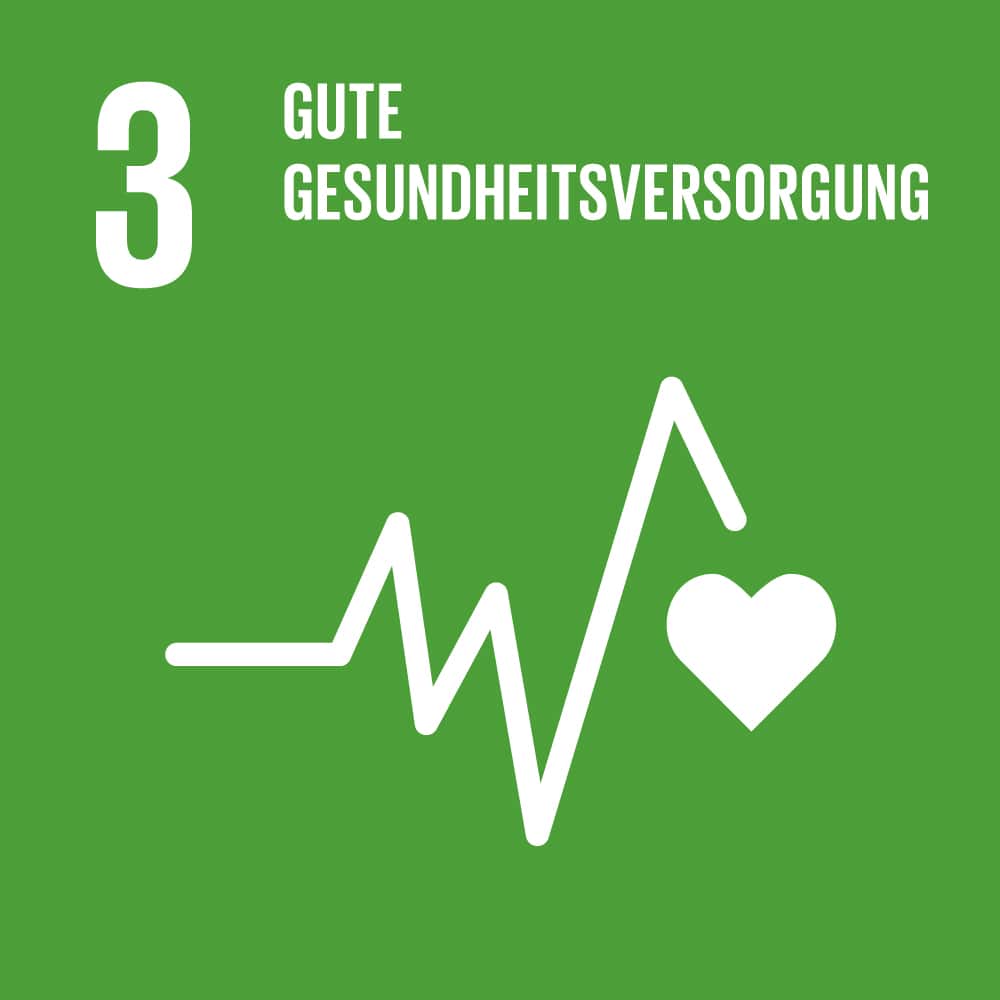
The “Fair Lesson” concept is based on making schoolchildren aware of global sustainability problems.
It is important that the students present the various sustainability topics as experts in the younger classes (5-6) or in elementary schools.
In addition to social justice in the “Textile Chain”, e.g. B. “Sustainable consumption” processed using the example of chocolate.
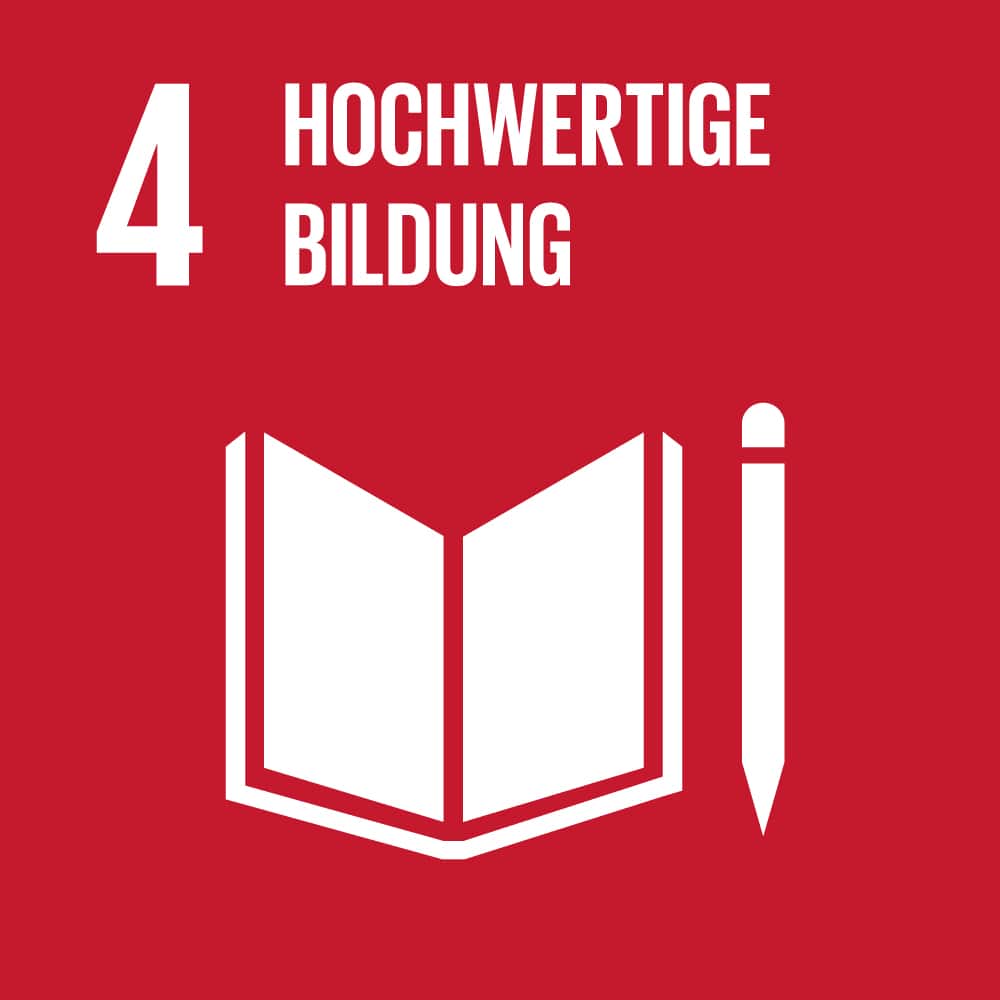
We have addressed the global and local water problem, which is being exacerbated by climate change, through various projects.
Pupils got involved in a planned quarry expansion in their home community and organized one
Action at World Water Day 2021. The promotion of a water reservoir in cooperation with 2aid.org in Uganda was also presented.
The FvAG has been allowed to call itself a Fairtrade School since 2016. Mrs. Grießmann from the SEZ, Foundation for Development Cooperation Baden-Württemberg (since 2014), presented the campaign. Since October 2015, the seal has been initialized at FvAG with various workshops and the sale of fair trade products from the world shop. All five necessary criteria for the award have been met: there is a fair trade school team, a fair-o-mat in the school building, the sale of fair products (e.g. chocolate, coffee, tea, textiles), the discussion of fair trade in the classroom as well as actions. The FvAG received the award as the 43rd school out of around 4,000 schools in Baden-Württemberg.
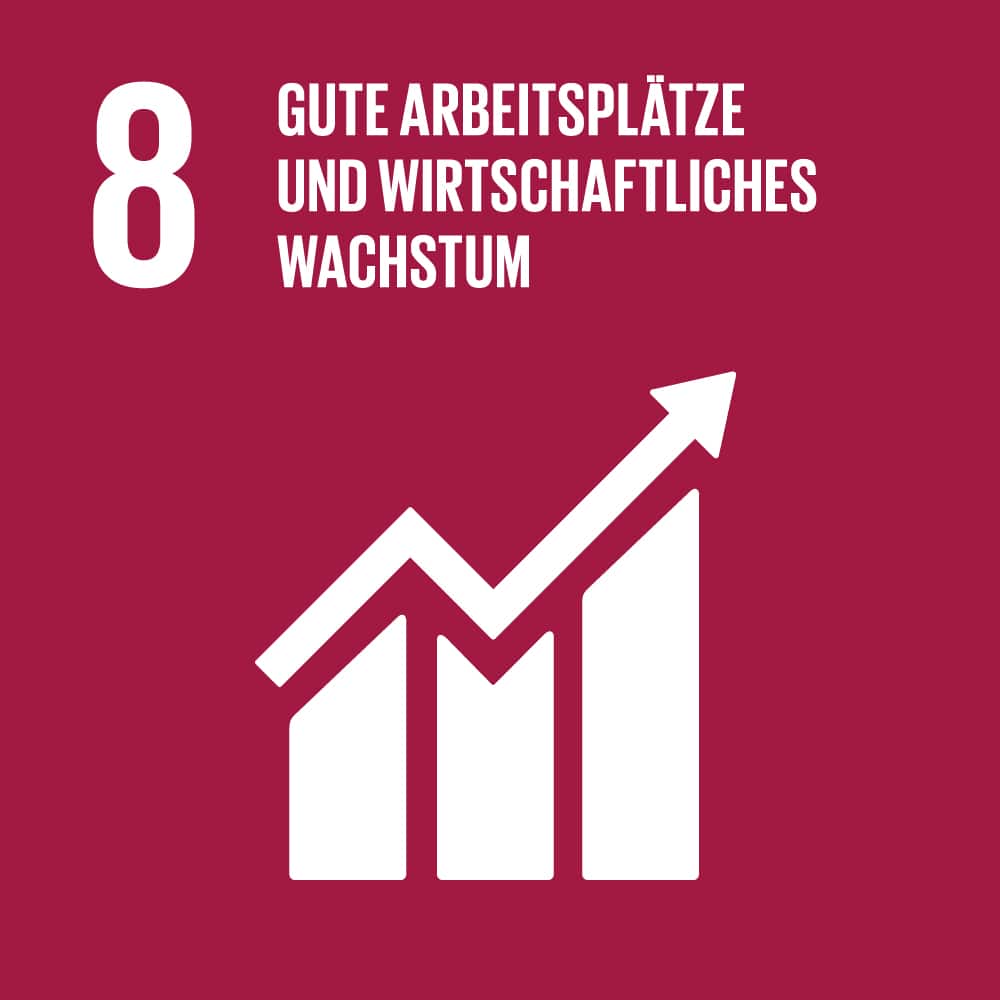
SDG 10 is repeatedly included in various changemaker topics.
From 2020, three schools worked together on the “Stories about us” project. Topics such as flight, identity and homeland, everyday racism and ways of meeting are dealt with in three modules.
In addition to a play, interviews were conducted, and podcasts and stories from the schools were created.
Materials are constantly being posted on the “www.geschichten-über-uns.de” website.
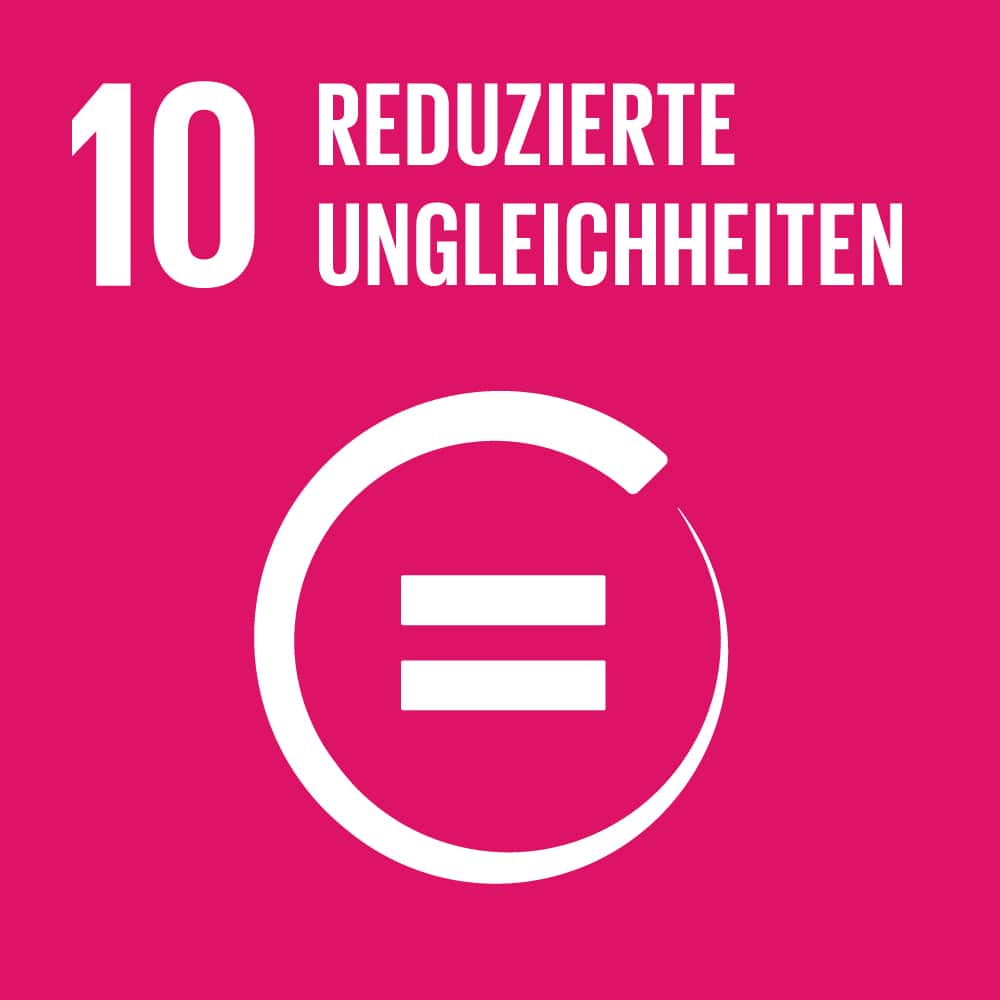
Sustainable consumption and production is the core competence of changemaker.
We have a partner in Bangladesh who produces sustainably certified T-shirts for us.
In cooperation with the German company Roland Bopp we were able to make this cooperation possible. But we also work with a textile startup in a refugee camp in Rwanda – Elite Design. They produce school pencil cases for us.
In order to provide information about the immense consumption and consumption of resources in the fashion industry, we have launched various projects: upcycling, clothing exchanges, fair lessons, but also created exhibitions that can be borrowed.

All changemaker actions are subject to climate protection. It is about making the consumption of raw materials and resource savings visible.
In addition to SDG 12, which contributes to active climate protection, we organize projects on the subject of food and environmental protection at the school.
It was important to us to also take other schools with us, which is why we organized the 1st SDG Youth Summit 2019 in Heilbronn with over 1100 visitors.
At the moment, some changemakers are dealing with the topic of “waste”. There is a cooperation with the district office of Heilbronn. A podcast series is in the works.

“Inspire – inform – involve” is another pillar of changemaker. Through some educational trips to our partners in the Global South, but also to the United Nations in Geneva, the students recognized themselves as changemakers.
Regular information events at various institutions and organizations strengthened the students in their actions.
We were particularly pleased to receive the appreciative letter from the Deputy Secretary-General of the United Nations, Nikil Seth, about our work.
Here is the complete letter from UNITAR.
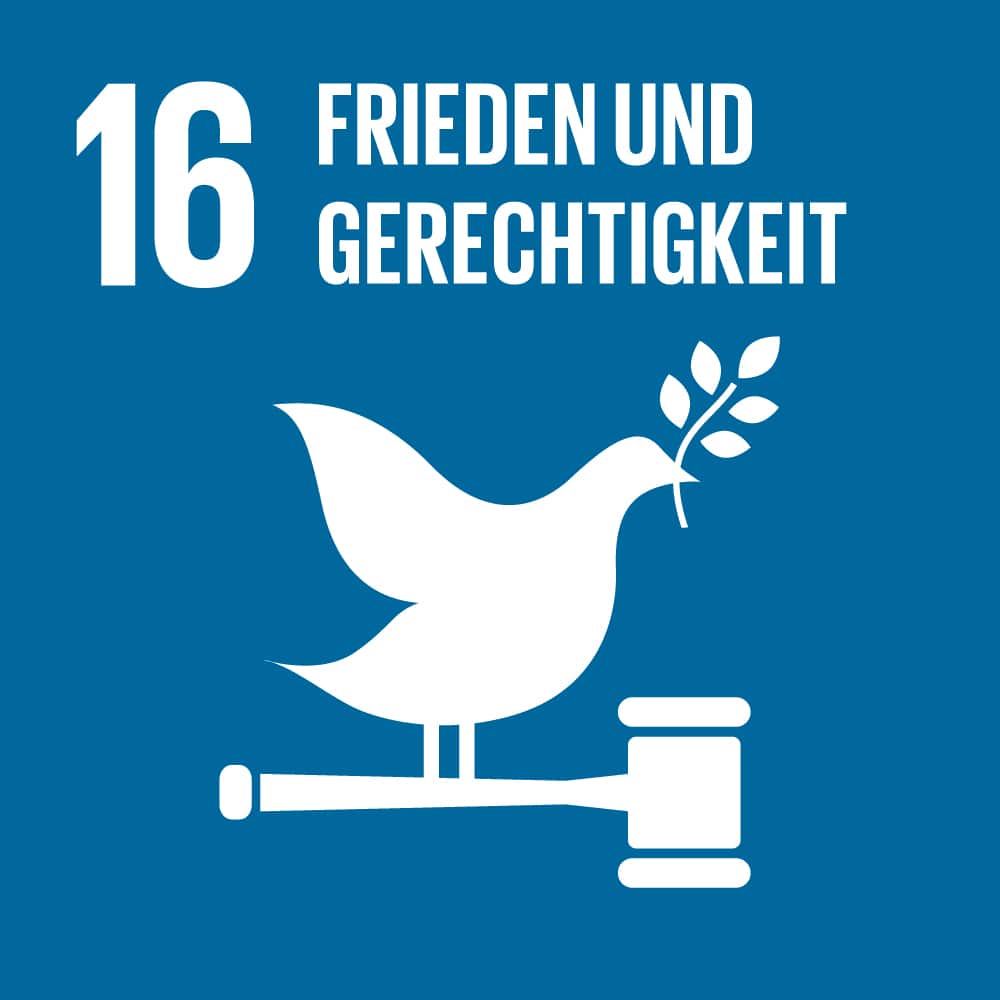
In collaboration with the UNESCO project, #changemaker is launching a vaccine equity campaign for the Global South.
Inspired by the commitment of the Hellenstein Gymnasium Heidenheim and colleague Sabine Grobe, around 10 schools are organizing joint campaigns on this very important topic.
For this purpose, #changemaker has now produced the logo and a campaign film.
